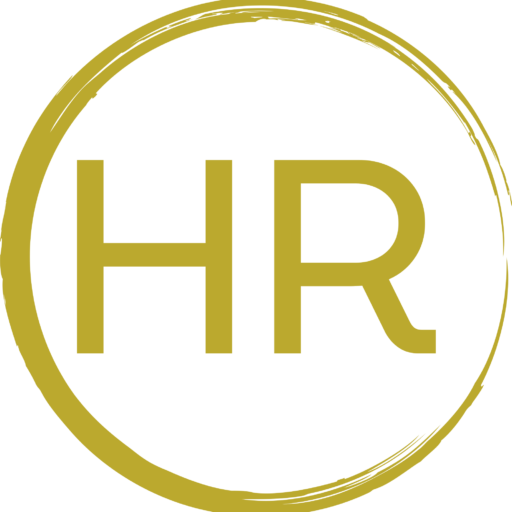Introduction
Top Company Risks for Not Having an HR department – In the dynamic world of business, HR stands as the backbone that supports all elements from recruitment to compliance. Yet, many small businesses and startups opt to fly without this crucial department, either to cut costs or because they underestimate the value HR adds. This choice, however, can send a company spiraling into a host of unanticipated challenges. From legal pitfalls to recruitment woes, the absence of a dedicated HR function is akin to navigating a storm without a compass. This article dives deep into the major risks companies face when they operate without an HR department, offering insights that could save your business from costly, potentially devastating missteps.
Legal Pitfalls Await: The Company Risks for Not Having an HR Department
Navigating the complex landscape of employment law without HR expertise is fraught with risks. Every aspect of employee interaction, from hiring to termination, is governed by specific legal standards that, if not met, can lead to significant legal challenges. For instance, non-compliance with the Fair Labor Standards Act (FLSA) or the Americans with Disabilities Act (ADA) can result in severe penalties. Without an HR professional’s guidance, businesses often fall foul of basic employment laws, including mishandling of discrimination laws and wrongful termination claims. Furthermore, the ever-changing nature of labor regulations means staying informed and compliant requires dedicated attention that a lacking HR department fails to provide. This oversight can not only result in heavy fines but also damage a company’s reputation irreparably.
Wage Wars: Understanding Compensation Errors Without HR Oversight
Compensation is more than just paying salaries; it’s a strategic tool for motivation and retention. Without an HR department, small businesses often struggle with structuring competitive, equitable pay scales that comply with wage laws. The lack of benchmarking against industry standards can lead companies to either overpay or underpay employees, each with its own set of consequences. Overpayment can strain the budget, whereas underpayment can lead to high turnover rates and legal actions against the company. Moreover, errors in overtime calculation and misclassification of employees as exempt or non-exempt can attract lawsuits and back wages. The strategic role HR plays in compensation management is critical in avoiding these costly errors and ensuring financial sustainability.
Disengagement Disaster: How Lack of HR Fuels Employee Unrest
Top company risks – Employee engagement is critical for retaining talent and enhancing productivity, yet it is often the first casualty in environments without HR. HR departments are pivotal in designing and implementing policies that ensure fair treatment, foster professional development, and create a positive work environment. Without this, employees may feel neglected, undervalued, and disengaged. This disengagement manifests as low morale, decreased productivity, and ultimately, a higher turnover rate, which imposes additional recruitment and training costs on the company. Furthermore, the absence of channels to address grievances and conflicts can escalate into more severe HR issues, including workplace harassment and discrimination cases.
Safety in the Shadows: Overlooked Workplace Hazards
HR plays a crucial role in maintaining workplace safety standards that protect the company and its employees from avoidable accidents and legal repercussions. In industries where physical safety is paramount, such as manufacturing, construction, and healthcare, the absence of HR oversight on safety training, hazard communication, and emergency response can lead to serious injuries or fatalities. Even in less hazardous environments, like office spaces, ensuring ergonomic practices and regular safety drills falls under HR’s purview. Neglecting these responsibilities not only risks employee well-being but also exposes the business to fines and lawsuits under occupational safety and health regulations.
Recruitment Roulette: The Gamble of Hiring Without HR Expertise
Top company risks – The process of finding and hiring the right talent is complex and fraught with challenges. Without HR expertise, small businesses often stumble through the recruitment process, making do with inefficient methods that fail to attract skilled professionals or fit the company culture. This ad-hoc approach can result in poor hiring decisions – from overstaffing to hiring underqualified individuals – each costly in its own right. HR professionals not only streamline recruitment processes but also ensure they are aligned with strategic business goals and compliant with employment laws. By missing out on this expertise, companies risk not only their immediate hiring needs but their long-term growth and stability.
Conclusion
Operating without an HR department is a high-risk strategy that exposes businesses to a myriad of risks. From legal issues and compensation errors to safety oversights and recruitment gambles, the consequences can be severe, threatening the very survival of the business. Investing in HR, whether through in-house staff, outsourced services, or even part-time consultants, is not just about managing personnel; it’s about safeguarding the business against these risks and setting the stage for sustainable growth and success. As the business landscape becomes increasingly complex, the role of HR in navigating these challenges becomes more critical than ever. Don’t fly blind into the storm; let HR be your guiding light.

